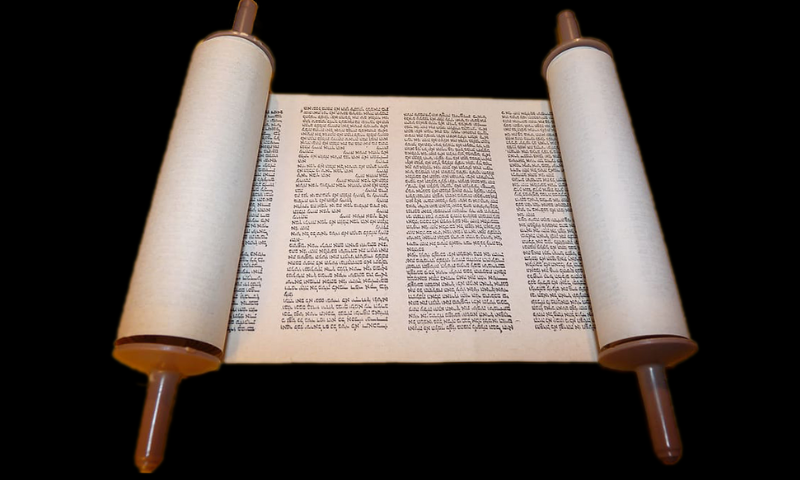Prof. Sam Fleischacker
The Torah.com, Nov. 4, 2013
Under Sinai or in the Jerusalem Square?
The revelation at Sinai, as described in the Torah, provides an immensely appealing model of what it might be like for God to speak to us. We experience there uncanny thunder and lightning, perhaps synaesthetically, above which a voice with no discernible human source addresses us; the voice tells us that the Speaker has carried out our recent redemption from great oppression, and that that redemption has prepared us for a covenant with our Redeemer.[1] We then receive a series of commands that fit well with what we might expect a divine being to ask of us.
This, surely, is how God should speak to us, if God speaks to people at all. Here, if anywhere, is the kind of experience we want to have as a ground for our religious commitments — a moment of contact with God that we can immediately and wholly recognize as contact with God. It is the sort of moment that mystics and meditators seek, and that some in our tradition have urged us to try to achieve by way of hitbodedut (meditative solitude), or all-night study, or lengthy and heartfelt prayer.
But in the end this model of religious grounding is untenable. Many philosophers over the past two centuries have argued persuasively that direct experience, and the certainty that accompanies it, need not yield knowledge.[2] And indeed we recognize this in ordinary life. How many times have you felt certain that you perceived something only to realize later that you were mistaken (your eyes fooled you, or what you saw was misleading, or you have mis-remembered it)? …SOURCE


